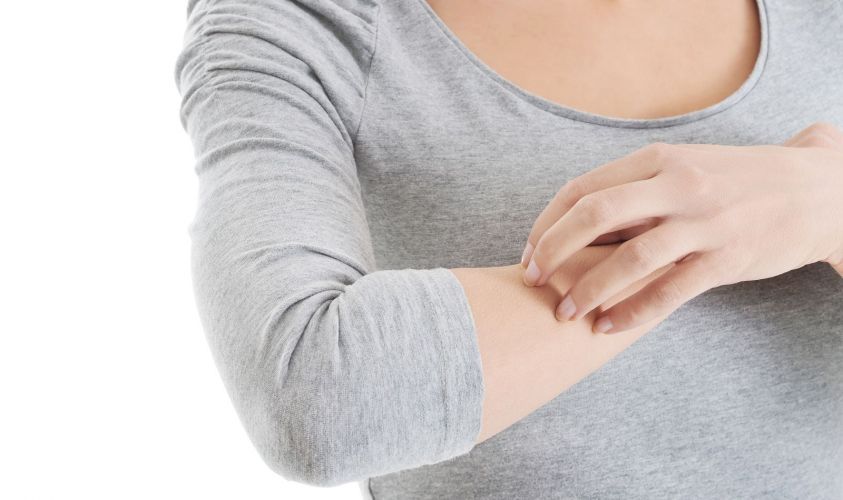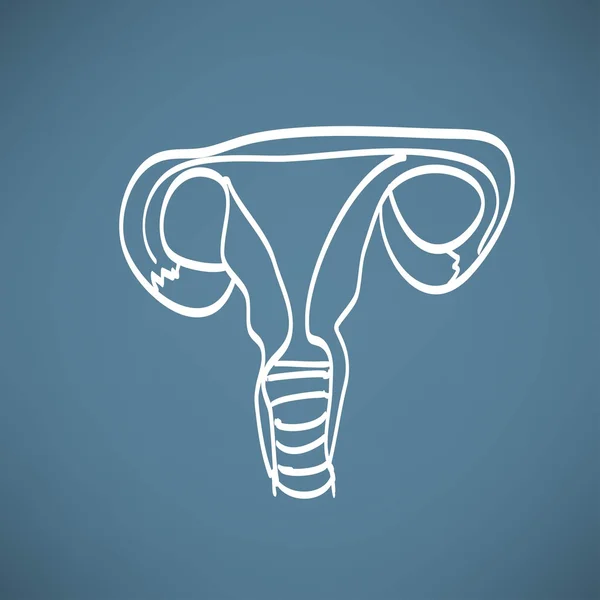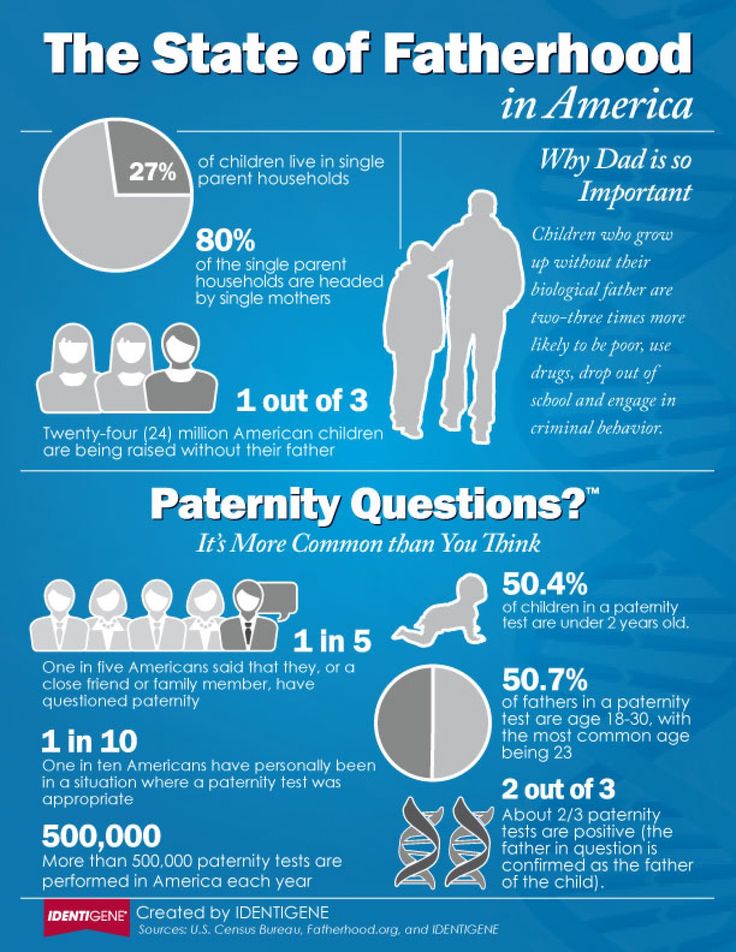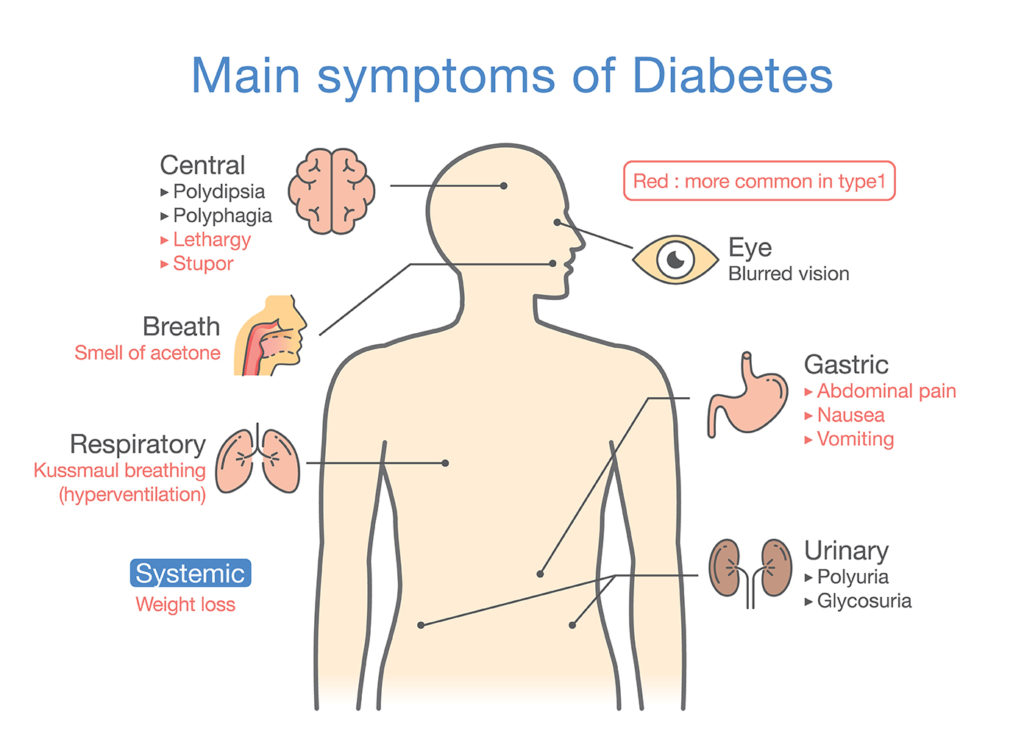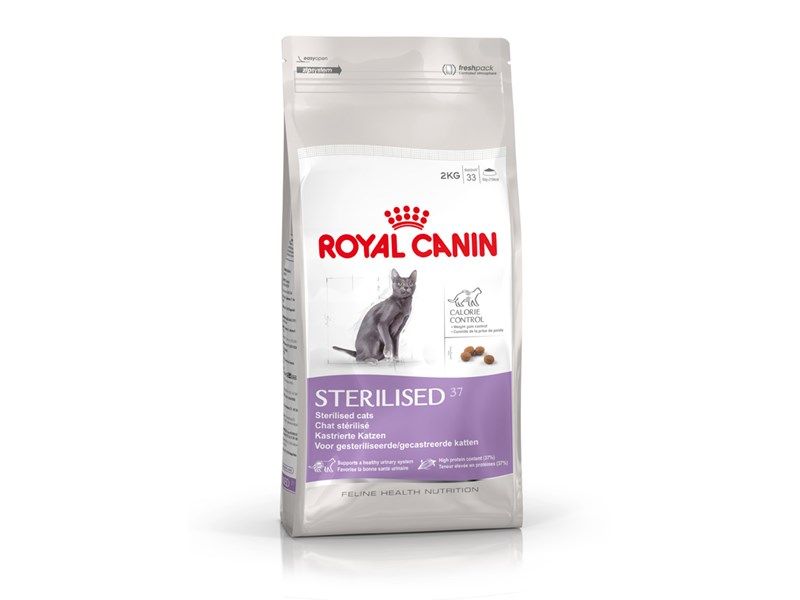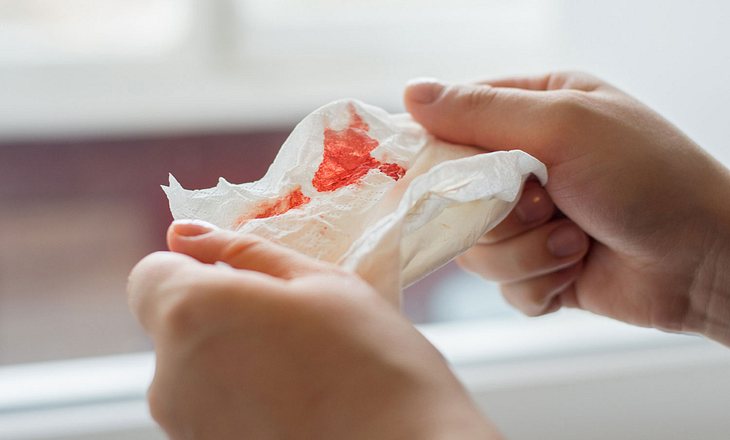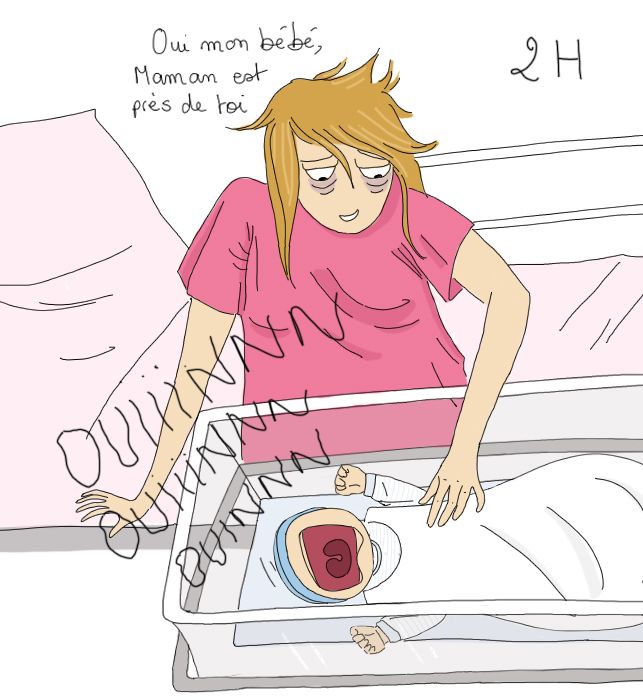Itchy skin early pregnancy sign
Itching and intrahepatic cholestasis of pregnancy
Itching is common in pregnancy. Usually it's thought to be caused by raised levels of certain chemicals in the blood, such as hormones.
Later, as your bump grows, the skin of your tummy (abdomen) is stretched and this may also feel itchy.
However, itching can be a symptom of a liver condition called intrahepatic cholestasis of pregnancy (ICP), also known as obstetric cholestasis (OC).
ICP needs medical attention. It affects 1 in 140 pregnant women in the UK.
Symptoms of ICP
The main symptom is itching, usually without a rash. For many women with ICP, the itching is often:
- more noticeable on the hands and feet, but can be all over the body
- worse at night
Other symptoms can include:
- dark urine
- pale poo
- yellowing of the skin and whites of the eyes (jaundice), but this is less common
Symptoms of ICP typically start from around 30 weeks of pregnancy, but it's possible to develop the condition as early as 8 weeks.
Non-urgent advice: Call your midwife or GP if you have itching that's:
- mild or distressing, possibly worse at night
- anywhere on your body, but may be worse on the palms of your hands and soles of your feet
Feeling itchy like this can be a sign of ICP and needs to be checked.
Mild itching
Wearing loose clothes may help prevent itching, as your clothes are less likely to rub against your skin and cause irritation.
You may also want to avoid synthetic materials and opt for natural ones, such as cotton, instead. These are "breathable" and allow the air to circulate close to your skin.
You may find having a cool bath or applying lotion or moisturiser can help soothe the itching.
Some women find that products with strong perfumes can irritate their skin, so you could try using unperfumed lotion or soap.
Mild itching is not usually harmful to you or your baby, but it can sometimes be a sign of a more serious condition, particularly if you notice it more in the evenings or at night.
Let your midwife or doctor know if you are experiencing itching so they can decide whether you need to have any further investigations.
Intrahepatic cholestasis of pregnancy
Intrahepatic cholestasis of pregnancy (ICP) is a potentially serious liver disorder that can develop in pregnancy.
Normally, bile acids flow from your liver to your gut to help you digest food.
In ICP, the bile acids do not flow properly and build up in your body instead. There's no cure for ICP, but it should go once you've had your baby.
ICP seems to run in families, but it can happen even if there is no family history. It is more common in women of south Asian origin, affecting around 1 in 70 to 80 pregnancies.
It is more common in women of south Asian origin, affecting around 1 in 70 to 80 pregnancies.
If you have had ICP in a previous pregnancy, you have a high chance of developing it again in another pregnancy.
Some studies have found that babies whose mothers have ICP have a higher chance of being born prematurely or stillborn.
Because of the link with stillbirth, you may be offered induction of labour. This could be any time from 35 weeks, depending on the level of bile acids in your blood.
If you have ICP, you will probably be advised to give birth in hospital under a consultant-led maternity team.
Diagnosis and treatment of ICPICP is diagnosed by excluding other causes of the itch. Your doctor will probably talk to you about your medical and family history and order a variety of blood tests.
These will include tests to check your liver function (LFT) and measure your bile acid levels (BA).
If you are diagnosed with ICP, you will have regular liver function tests so your doctor can monitor your condition.
There is no agreed guideline on how often these tests should happen, but the Royal College of Obstetricians & Gynaecologists (RCOG) and the British Liver Trust advise weekly tests.
ICP Support, the UK's largest research group investigating ICP, also recommends weekly bile acid measurements. These readings help doctors recommend when your baby should be born.
If your LFTs and bile acids are normal and you continue to have severe itching, the blood tests should be repeated every week or 2, to keep an eye on them.
Creams and medicines for ICPCreams, such as aqueous cream with menthol, are safe to use in pregnancy and can provide some relief from itching.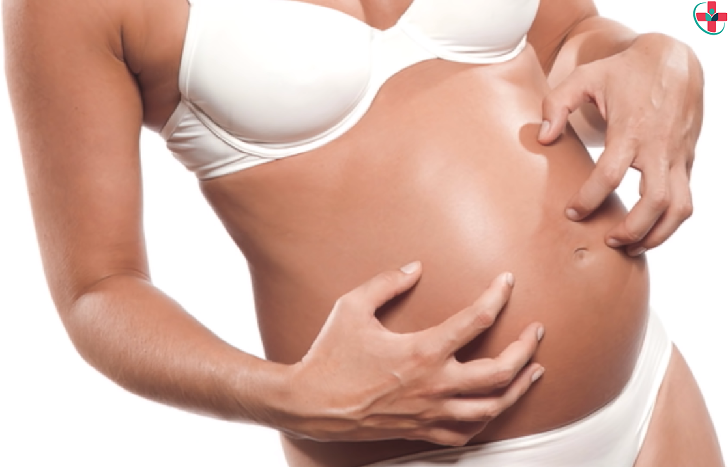
There are some medicines, such as ursodeoxycholic acid (UDCA), that help reduce bile acids and ease itching.
UDCA is considered safe to take in pregnancy, although it is prescribed on what is known as an "informed consent" basis as it has not been properly tested in pregnancy.
You may also be offered a vitamin K supplement. This is because ICP can affect your absorption of vitamin K, which is important for healthy blood clotting.
Most experts on ICP only prescribe vitamin K if the mother-to-be reports pale stools, has a known blood clotting problem, or has very severe ICP from early in pregnancy.
If you are diagnosed with ICP, your midwife and doctor will discuss your health and your options with you.
Further information
The Royal College of Obstetricians & Gynaecologists (RCOG) has more information about obstetric cholestasis, including what it means for you and your baby, and the treatment that's available.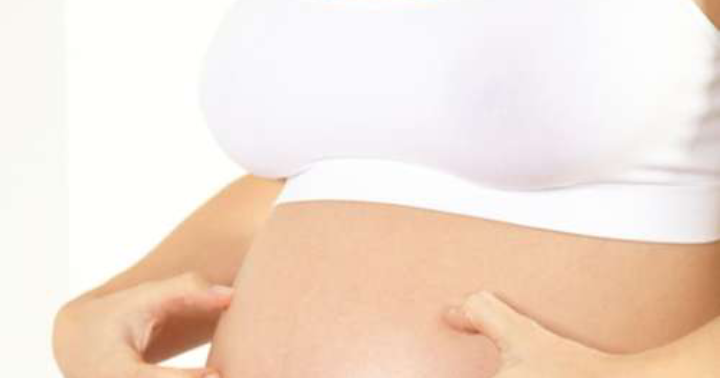 You can also get information about ICP from the British Liver Trust.
You can also get information about ICP from the British Liver Trust.
The charity ICP Support provides information about ICP. You can also watch their video about ICP featuring mums and clinical experts.
Community content from HealthUnlockedPregnancy Symptoms: 19 Early Signs of Pregnancy
Sometimes it's hard to interpret the signals your body is sending you. If you suspect you might be experiencing the first signs of pregnancy, you're probably eager to know for sure. Here we list some of the early signs of pregnancy as well as symptoms you may experience throughout your pregnancy. Keep in mind that every pregnancy and every mom-to-be is different, so you may not notice every single sign and symptom listed.
First Signs of Pregnancy
Did you miss your period, and are starting to ask yourself “Am I pregnant”? Or, maybe there's a gut feeling that you can’t shake.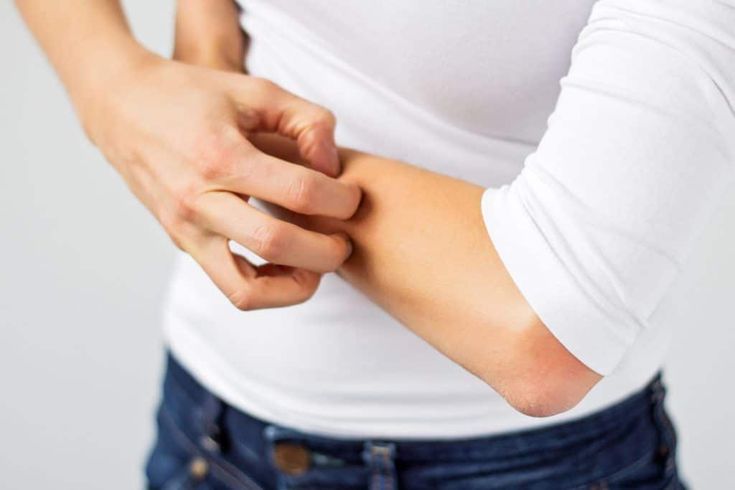 It's normal and understandable to wonder what are the early signs of pregnancy as you mentally cross off the different feelings you’ve been experiencing in the past few days.
You may start experiencing specific signs and symptoms of pregnancy early on even before you know for sure that you’re pregnant. Of course, either a home pregnancy test or a test through your healthcare provider will be the best way to determine if you’re pregnant.
In the meantime, take this “Am I Pregnant?” quiz and read up on some of the early pregnancy signs and symptoms you may start feeling about one to two weeks after a missed period and within the first month of being pregnant:
It's normal and understandable to wonder what are the early signs of pregnancy as you mentally cross off the different feelings you’ve been experiencing in the past few days.
You may start experiencing specific signs and symptoms of pregnancy early on even before you know for sure that you’re pregnant. Of course, either a home pregnancy test or a test through your healthcare provider will be the best way to determine if you’re pregnant.
In the meantime, take this “Am I Pregnant?” quiz and read up on some of the early pregnancy signs and symptoms you may start feeling about one to two weeks after a missed period and within the first month of being pregnant:
Missing a period. One of the very early signs of pregnancy is a missed period, though if you have an irregular menstrual cycle, this sign can be misleading.
Spotting. Very light spotting known as implantation bleeding, can be an early sign of pregnancy. It happens when the fertilized egg attaches itself to the lining of the uterus.
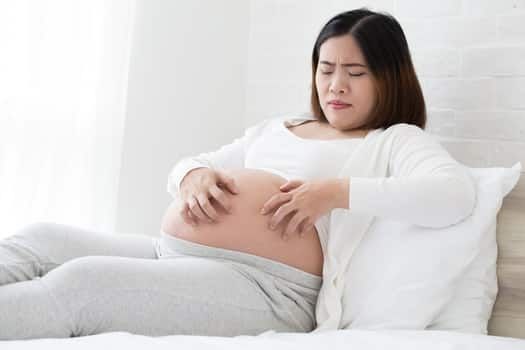
Cramping. Some moms-to-be experience mild uterine cramps during the first trimester. To soothe your lower abdomen, place a hot water bottle, wrapped in a towel, on your belly or take a warm bath.
Hot flashes. Elevated pregnancy hormone levels early in your pregnancy and a metabolism that has sped up can both lead to a feeling of hot flashes resulting from an increase in your core body temperature. Your body compensates for this hot feeling by sweating more to help cool you down.
Racing heart. Hormonal changes can also cause heart palpitations, but if they last more than a few seconds, or if they happen frequently, contact your healthcare provider for a checkup to make sure everything is OK.
Mood swings. Finding out you’re pregnant is a big milestone, and it’s natural to feel everything from joy and excitement to anxiety and confusion. It may help to speak to your loved ones about your feelings.

Bloating and constipation. As the digestive system slows, you may also feel bloated (similar to what it can feel like at the start of your period) and constipated. Eat high-fiber foods, drink lots of water, and—if you can—add some exercise to your day.
Heartburn. During pregnancy the muscles that keep digestive acids out of the esophagus tend to relax, which can lead to acid reflux, commonly known as heartburn. Eat small, frequent meals, and avoid fried foods, citrus fruits, chocolate, and spicy or fried foods to help prevent heartburn.
Acne. The overproduction of sebum (oil) in the skin can cause pimple outbreaks during pregnancy. Gently cleanse your skin each day, use non-greasy cosmetics, and consult your healthcare provider about anti-acne medications that are safe.
Dizziness. Low blood sugar levels, stress, and fatigue can make you feel dizzy or faint. To prevent dizziness in pregnancy, try to eat small, regular meals, and try to keep stress under control.

Weight gain. Some women gain between 1 to 4 pounds in the first few months of pregnancy, but your doctor will be able to advise you on healthy pregnancy weight gain that is right for you.
Congestion. Early in pregnancy, the mucous membranes in your nose swell, dry out, and bleed easily. To help relieve congestion, consider using a humidifier, or try saline drops or a saline rinse, and remember to stay hydrated.
Headaches. These can be an early sign of pregnancy as estrogen levels rise. You may also experience tension headaches, which may be caused by stress or fatigue. Check with your healthcare provider about possible medications; for most pregnant women, acetaminophen is considered safe to treat the odd headache.
Frequent urination. If you find that you’re peeing a lot more than usual, it could be a sign of pregnancy as your kidneys are processing more fluid, which end up in your bladder.
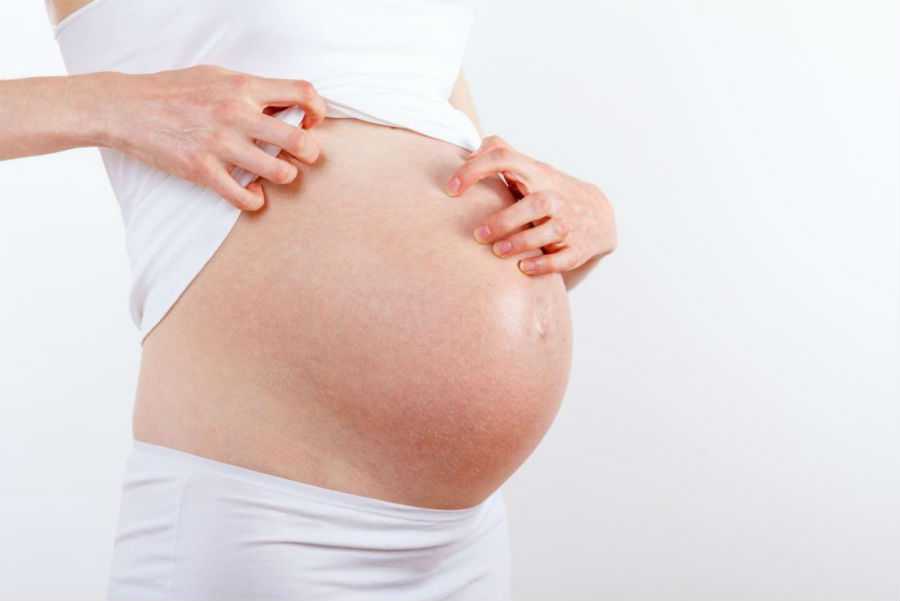 Don’t drink less water, though, as keeping hydrated is very important.
Don’t drink less water, though, as keeping hydrated is very important.
Tender, swollen breasts. Early on, your breasts may feel more tender and become larger, but as your body adjusts to the hormonal changes, the discomfort may decrease.
Nausea. With or without vomiting, nausea is a classic pregnancy symptom more commonly called morning sickness. So, how soon does morning sickness start? It often appears around a month after you become pregnant. For some women, morning sickness occurs at other times of the day, not just in the morning, while other women won’t experience it at all. Eat something before getting out of bed, like crackers, and then have small, regular meals throughout the day to keep your blood sugar levels stable.
Food cravings and aversions/smell sensitivity. Early signs of pregnancy also include changes in taste, smell, and cravings. Keep up a balanced diet and talk to your doctor if you crave non-food items (like chalk or dirt).
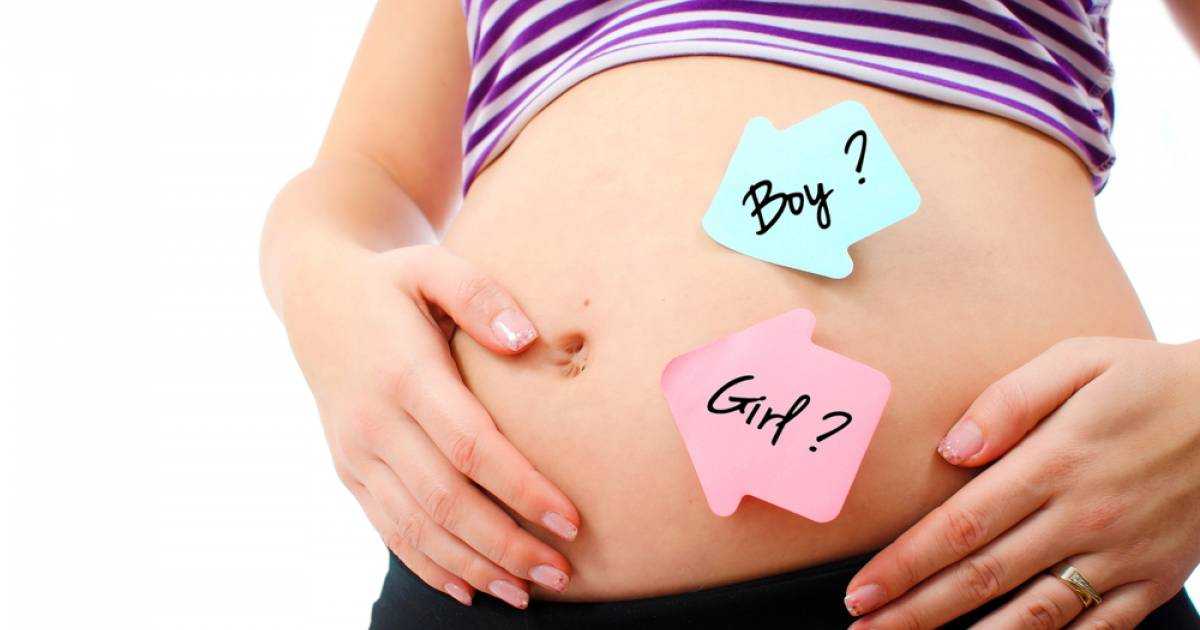
Fatigue. It’s natural to feel tired while pregnant, particularly early on when the hormone progesterone is in overdrive, making you feel tired. Your body is working hard to support your baby, so give yourself plenty of time to rest and relax.
Skin changes. You may notice skin pigmentation changes, such as the darkening of the skin around your nipples, dark patches on your face, or the appearance of a dark line from your navel to your pubic bone.
Do All Women Experience Early Signs and Symptoms of Pregnancy?
Each mom-to-be and each pregnancy is unique, so you may only notice some of these early signs of pregnancy. For example, the first signs and symptoms of pregnancy could occur before a missed period; alternatively, missing a period may be your first clue that you’re pregnant. What’s more, the symptoms you notice in a second pregnancy may be different from what you experienced the first time around.
When Do Pregnancy Symptoms Start?
You may be wondering when pregnancy symptoms start. Once again, it’s different for every woman. Some may experience early signs of pregnancy in the first few weeks after conception. Others may be pregnant and not experience any symptoms at all for a while.
How Do You Know You’re Pregnant?
You may be asking yourself “How do I know if I’m pregnant?” If you think you may be pregnant, a home pregnancy test will confirm it. There’s no way to know that you are pregnant without taking a test.
If you’re experiencing any of the symptoms of pregnancy and take a home pregnancy test but the test comes out negative, there’s still a chance you may be pregnant. Wait until your period is a week late (or more), and then take the test again.
If the test comes out positive, make an appointment with your healthcare provider to confirm the pregnancy.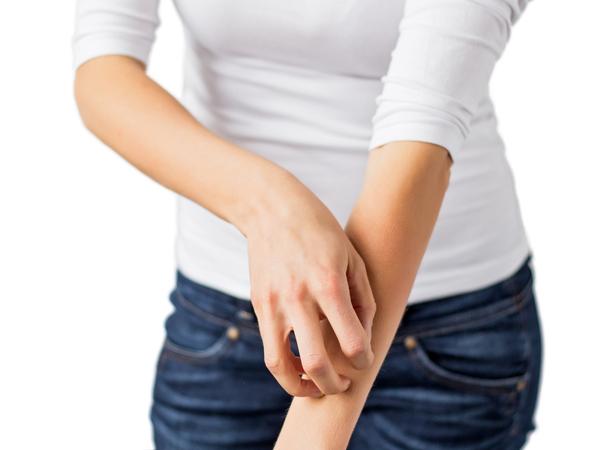 Once your pregnancy is confirmed, check out our go-to pregnancy guide, which includes lots of pertinent information and tools you'll need to navigate your pregnancy, including infographics, checklists, trackers, and more!
If you like, use our due date calculator to find out how far along you are in your pregnancy:
Once your pregnancy is confirmed, check out our go-to pregnancy guide, which includes lots of pertinent information and tools you'll need to navigate your pregnancy, including infographics, checklists, trackers, and more!
If you like, use our due date calculator to find out how far along you are in your pregnancy:
Other Signs and Symptoms You May Experience During Pregnancy
Throughout your pregnancy, your body will do some unique and wonderful things. Some of these physical changes (like morning sickness) may subside, while others (like nasal congestion and heartburn) may continue over the course of your pregnancy.
These are some of the changes you may experience during the second and third trimesters of your pregnancy:
Discharge. A sticky, clear, or white vaginal discharge is a normal symptom during pregnancy not necessarily an early sign but contact your healthcare provider if it becomes strong smelling or is accompanied by a sore, itchy vagina.

Cramps or pain in the lower abdomen. In later pregnancy, you may experience a cramping sensation, which may be a result of round ligament pain or Braxton Hicks “practice” contractions.
Back pain. Backaches can be caused by hormonal changes, weight gain, and changes in your posture due to your growing belly. Practicing good posture, sleeping on your side, and getting some physical activity in each day may help relieve the pain.
Frequent urination. Although the more frequent urination that you may have experienced early in pregnancy probably subsides in the second trimester, by the third trimester, it may return. This is because your growing baby moves deeper into the pelvis, putting pressure on your bladder, so you may feel the urge to pee more often.
Itchy Skin. Wherever your skin stretches during pregnancy (for example, the abdomen and thighs), it could start to feel itchy.
 Avoid scratching, use a good moisturizer, and shower or bathe in lukewarm water, as hot water can dry out skin.
Avoid scratching, use a good moisturizer, and shower or bathe in lukewarm water, as hot water can dry out skin.
Stretch marks. As your skin stretches during pregnancy, you may notice stretch marks forming on areas like your belly, thighs, buttocks, and breasts. Gaining a healthy amount of weight slowly over the pregnancy may help minimize these streaks.
Shortness of breath. Your growing baby pushing against your lungs may cause that out-of-breath feeling. Good posture may give your lungs more room to expand.
Various aches and pains. You may encounter different symptoms at different points throughout pregnancy, such as dental pain or sensitivity, varicose veins or hemorrhoids, and swollen ankles or leg cramps. Read more about some of these aches and pains along with tips here.
Watch the following video to find out how your partner can be more involved during your pregnancy:
When to Consult Your Healthcare Provider
Most of the time, the aforementioned physical discomforts and changes are completely normal, but there are some signs you should not ignore, including severe headaches, changes in eyesight, or sudden swelling (edema).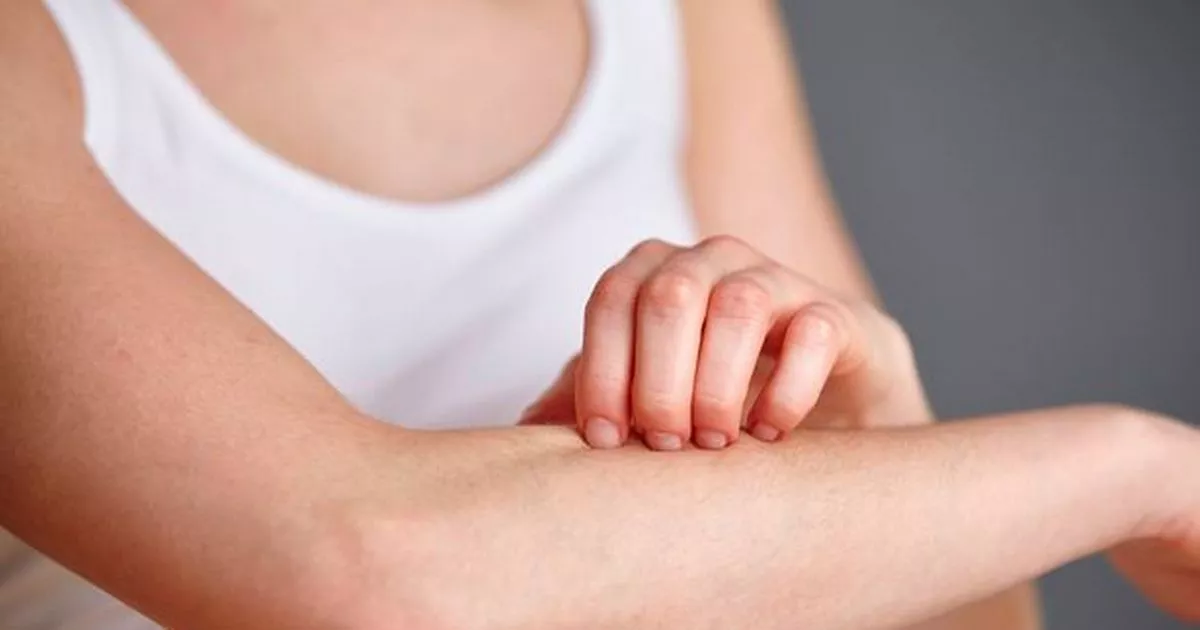 If you notice anything that just doesn’t seem right, consult your healthcare provider.
If you notice anything that just doesn’t seem right, consult your healthcare provider.
The Bottom Line
Early signs of pregnancy can be as subtle as a food craving or an aversion, or more noticeable like spotting or tender breasts. As your pregnancy progresses some of these signs and symptoms will likely return, such as heartburn, cramping, and frequent urination. If you’re unsure whether you’re pregnant but have been experiencing some of the early signs of pregnancy, take a home pregnancy test or visit your healthcare provider. The signs and symptoms of pregnancy can be tiresome, especially if you’re experiencing several simultaneously, but sooner than you know it, you'll be giving birth and taking your baby home. This is just the beginning of an amazing journey! See our Pregnancy Calendar for a more detailed description of everything that happens during each week, month, and trimester.
Why does the skin itch during pregnancy?
Skin itching during pregnancy is not a very common phenomenon. Most often, the skin begins to itch unbearably (as after mosquito bites) in the evening, closer to night, which can provoke insomnia and generally worsen a woman’s mood. Usually itching does not harm the baby and goes away after childbirth. However, it is still worth consulting with a gynecologist and dermatologist.
Most often, the skin begins to itch unbearably (as after mosquito bites) in the evening, closer to night, which can provoke insomnia and generally worsen a woman’s mood. Usually itching does not harm the baby and goes away after childbirth. However, it is still worth consulting with a gynecologist and dermatologist.
What does it come from?
The cause of itching during pregnancy in most cases is a violation of the liver: the production and outflow of bile, a general increase in the level of bilirubin in the blood. This is due to a hormonal failure in the body of the expectant mother - a violation of estrogen synthesis, as well as due to fetal pressure on the bile ducts. Fatty acids produced in large quantities enter the woman's skin with the bloodstream and irritate the nerve endings, causing excruciating itching. Similar phenomena associated with stagnation of bile in the body can make themselves felt in the third trimester of pregnancy. Sometimes itching is accompanied by such dangerous diseases as diabetes mellitus.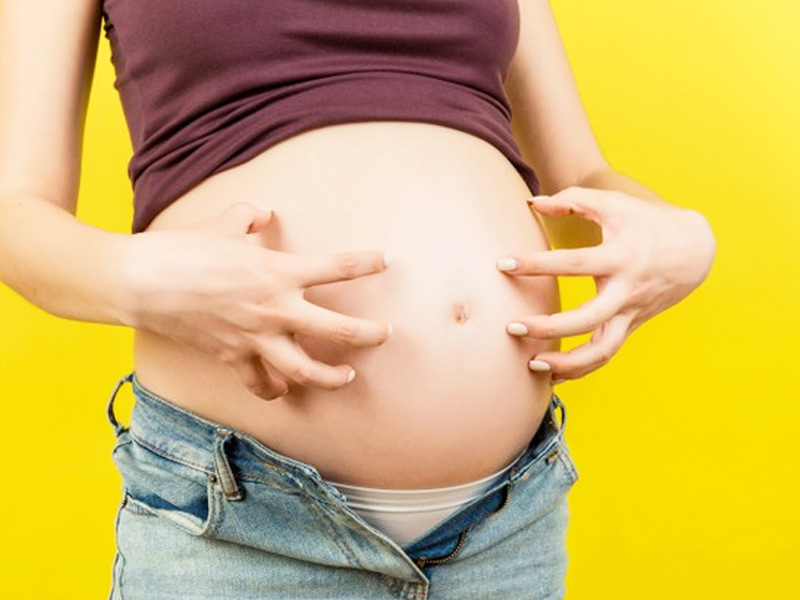
Who is predisposed?
Itching during pregnancy is usually observed in women with chronic diseases of the biliary tract and with high levels of cholesterol in the blood. Such future mothers need to regularly (at least once a month) do a biochemical blood test to exclude toxic effects on liver cells.
How to fight?
A pregnant woman should tell her gynecologist about the discomfort associated with skin itching. In some cases, itching can be a sign of the development of such a dangerous disease as hepatitis. The doctor will conduct appropriate examinations. If, according to an objective examination, itching does not pose any danger, it is often possible to get rid of discomfort simply by following a diet aimed at lowering cholesterol levels, limiting the intake of fatty, spicy and salty foods that prevent the liver from coping with the function of bile secretion, as well as drinking plenty of water - it is necessary to eliminate dry skin. If the diet does not help, the doctor may prescribe choleretic drugs suitable for pregnant women.
If the diet does not help, the doctor may prescribe choleretic drugs suitable for pregnant women.
It is important to find the cause of the bothersome itching, eliminating a whole group of skin diseases that can occur during pregnancy.
Itching in the abdomen and chest
This itch is worth mentioning separately. As a rule, the skin on the abdomen or chest itches in the second and third trimesters due to its stretching, because it is these parts of the body that increase in volume during pregnancy. In this case, it is very important not to scratch the skin - this will lead to the appearance of stretch marks, which, unlike itching, will not go away after childbirth. Regularly use moisturizing creams, special products for stretch marks, do a light massage of the chest and abdomen with circular movements of your fingers and do not take hot showers.
You can get answers to any questions about pregnancy and childbirth from leading EMC experts in the classes of the School of Moms.
Subscribe to our Instagram. You will find useful information about pregnancy and childbirth from leading EMC obstetricians and gynecologists.
causes and how to prevent itching during pregnancy
PreviousNext
- What causes itchy skin during pregnancy?
- What diseases does pruritus during pregnancy signal?
- How to prevent skin itching during pregnancy?
Contents:
Itching of the skin is a frequent companion of pregnancy, which significantly affects the quality of life of expectant mothers. It is caused by a complex of endocrinological, immunological, metabolic and vascular changes. Why does the stomach and other parts of the body itch so much? How to get rid of these feelings? Will the baby suffer from an unpleasant symptom?
An endless number of questions torment the pregnant woman. Therefore, you should know when body itching during pregnancy is the norm, and when is a serious reason to see a doctor.
What causes itchy skin during pregnancy?
The body of the expectant mother is subject to a large number of physiological changes. But sometimes harmless causes lead to strong consequences.
Skin itching during pregnancy is promoted by:
-
Hormonal changes.
Progesterone, the main protector of pregnancy, increases skin dryness.
-
Stretching of the connective tissue.
Itching of the abdomen, chest, thighs and buttocks during pregnancy is often the result of the rapid growth of the above parts of the body in the second and third trimester and the appearance of striae. But the high elasticity of the skin can save a woman from discomfort.
-
Pathological weight gain.
This is another common cause of stretch marks and itching in the abdomen.
-
Reduced immunity.
Immune system reactivity drops early in pregnancy to prevent fetal rejection. But in this way, a woman is more easily exposed to infections and allergies.

-
Psycho-emotional overwork.
Pregnant women constantly worry about the condition of the baby and about changes in their own body; they are already burdened with mother's anxieties. Stress causes psychogenic pruritus in pregnant women, which closes a vicious circle and further worsens well-being.
What diseases does pruritus during pregnancy signal?
Irritation of the skin and mucous membranes is not only a discomfort for the mother, but also a reason for additional research and medical consultations. Therefore, itching of the body during pregnancy should not be ignored.
Some diseases accompanied by this symptom require serious treatment and may adversely affect the growth and development of the baby.
-
Polymorphic dermatosis of pregnant women.
This pathology does not affect the fetus in any way and occurs in one of 160 expectant mothers. In the area of striae on the skin of the abdomen, papules 1–2 mm in diameter appear, and this is accompanied by severe itching.
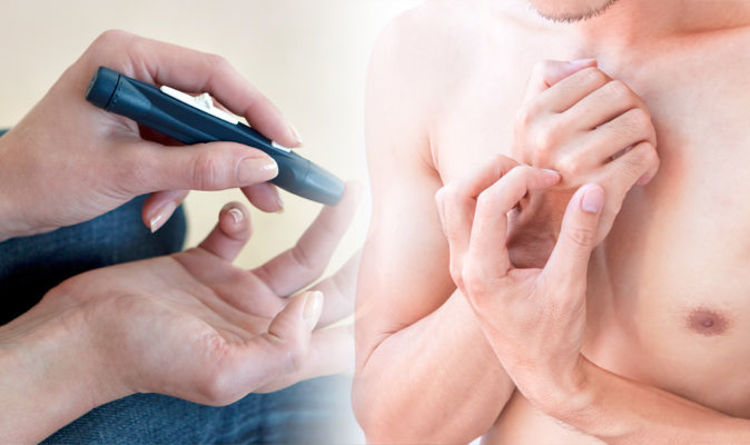 Sometimes they spread throughout the body, but more often they are limited to the hips and buttocks; the area of the umbilical fossa is not affected. After 4-6 weeks, the symptoms subside on their own.
Sometimes they spread throughout the body, but more often they are limited to the hips and buttocks; the area of the umbilical fossa is not affected. After 4-6 weeks, the symptoms subside on their own. -
Atopic dermatitis.
It occurs in about half of pregnant women and also does not affect the baby. With atopic skin lesions, the appearance of itchy eczematous or papular rashes on the neck and flexion surfaces of the limbs is characteristic. Usually, dermatitis bothers a woman in the early stages or in the second trimester, in the 3rd trimester it is less common.
-
Pregnancy pemphigoid.
The rarest pathology, occurring in one in 50,000 pregnant women, more often in the second trimester. Skin itching accompanies rashes that first appear in the navel and then spread to the chest, back, thighs and arms. Papules and plaques turn into blisters, so the rash is confused with a herpes infection. Pemphigoid is accompanied by the production of antibodies that are able to cross the placenta.
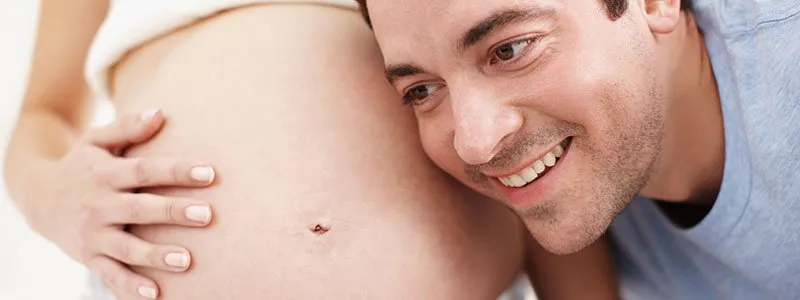 Therefore, rashes are observed in 5-10% of newborns.
Therefore, rashes are observed in 5-10% of newborns. -
Seborrhea.
Cause of scalp itching in 2% of women during pregnancy. Seborrhea occurs due to interruptions in the work of the endocrine system, as a result of which there is excessive production of sebum in the area of hair follicles. Dandruff develops, hair becomes sticky and greasy, then begins to fall out.
-
Intrahepatic cholestasis of pregnancy.
This condition is characterized by severe pruritus. First, it is localized in the palms and soles, but then spreads throughout the body. Pathology can be suspected by the presence of scratching, which is called excoriation. Severe itching in intrahepatic choletasis of pregnancy occurs due to the high content of conjugated bile salts in the peripheral blood. Severe forms are complicated by jaundice.
It is very important to diagnose cholestasis in time for a future mother, as it can lead to prematurity of the fetus, intrauterine development disorders, and even intrauterine death.
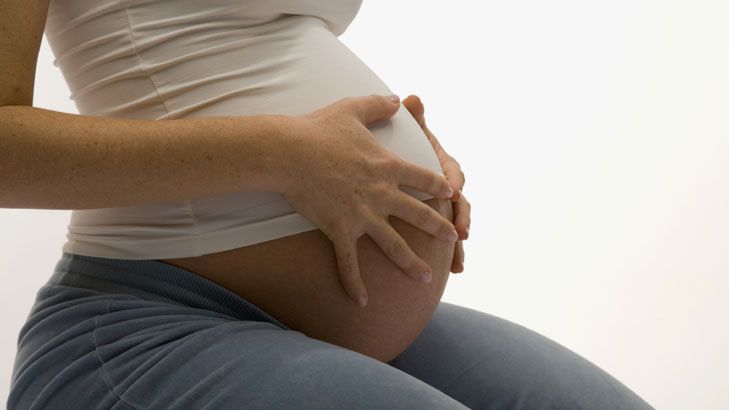 The higher the level of bile acids in the mother's blood serum, the higher the risk for the baby.
The higher the level of bile acids in the mother's blood serum, the higher the risk for the baby. -
Other diseases.
Less commonly, itching of the body during pregnancy accompanies pathologies such as diabetes mellitus and autoimmune thyroiditis, which also debut during childbearing.
How to prevent itching during pregnancy?
The first thing a woman who has itching should do is to report the problem to the attending obstetrician-gynecologist.
If a symptom is found to be a manifestation of a more serious pathology, then therapeutic measures are taken quickly and clearly.
In this case, not only a gynecologist observes a pregnant woman, but also doctors of other specialties - a dermatologist, gastroenterologist, endocrinologist. It is necessary to correct the root cause, not the itch itself. Fast and well-coordinated work of related specialists ensures the correct diagnosis, and timely treatment prevents the development of unpleasant complications and improves the quality of life of a woman.
But let's not forget about the physiological processes that cause itching. A woman can minimize their effect on her own.
-
Balanced nutrition.
The diet of a pregnant woman should include lean meats and fish, vegetables and fruits, dairy products. Refrain from smoking, pickling, pickled and canned foods. It is also recommended to avoid food rich in allergens, such as citrus fruits, red berries, seafood, nuts. It is important to follow a healthy diet both at the beginning of pregnancy and later in pregnancy.
-
Adequate drinking regime.
Discuss fluid intake with your doctor as it varies during pregnancy depending on the trimester and weight of the woman. For example, toxicosis depletes water reserves, which means that in the early stages it may be recommended to drink up to 3 liters per day. And with a tendency to edema in the 3rd trimester, limit the volume to 700 ml per day. It is important to stay hydrated.
-
Stress limitation.
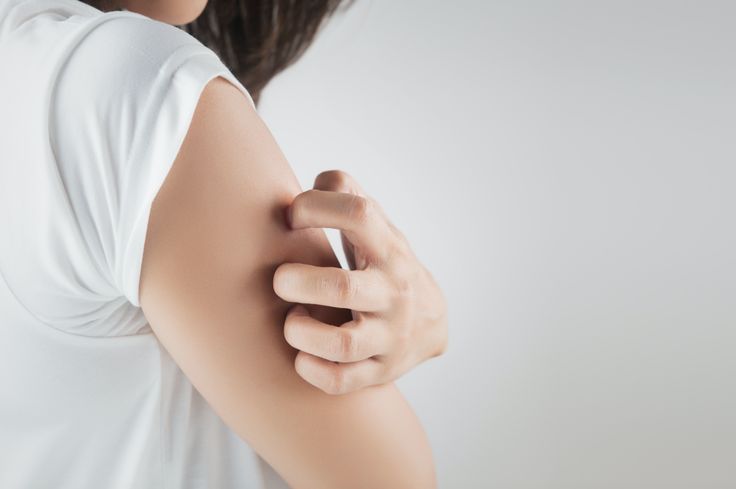
As you know, worries and fatigue cause an additional surge of hormones and biologically active substances, which are already in abundance in the body of a pregnant woman.
-
Body hygiene:
-
regular water procedures;
-
use of hypoallergenic, unscented bath products;
-
daily moisturizing of the skin with special gels, creams and lotions for pregnant women with a neutral pH level.
-
-
Comfort clothes:
-
refuse synthetics, wear natural fabrics;
-
choose loose clothing that does not chafe the skin;
-
Use phosphate-free laundry detergents.
-
-
Lifestyle:
-
avoid stuffy rooms;
-
do not spend much time in the sun;
-
give up active physical activities that contribute to excessive sweating;
-
give preference to outdoor walks.
-
In conclusion, I would like to reassure the lovely ladies.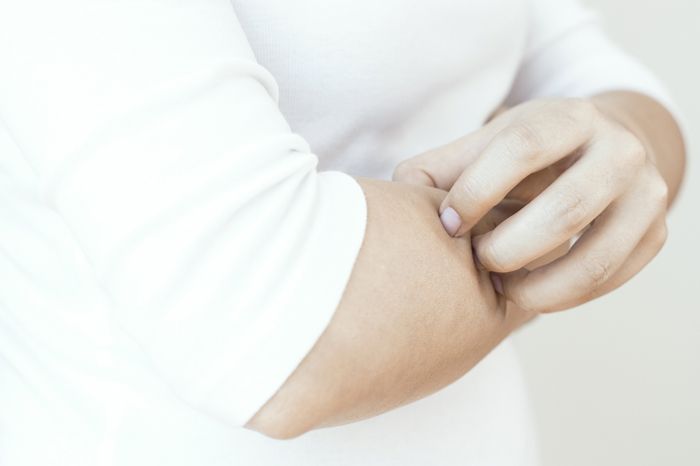 Most often, itching of the skin in pregnant women is caused by a growing tummy, and diseases accompanied by this symptom respond well to treatment. Nevertheless, you need to be attentive to your feelings and report discomfort to the doctor in time. This will help to start the necessary therapy on time, as well as maintain healthy sleep and the psycho-emotional background of the expectant mother.
Most often, itching of the skin in pregnant women is caused by a growing tummy, and diseases accompanied by this symptom respond well to treatment. Nevertheless, you need to be attentive to your feelings and report discomfort to the doctor in time. This will help to start the necessary therapy on time, as well as maintain healthy sleep and the psycho-emotional background of the expectant mother.
Sources:
-
Differential diagnosis and treatment of pruritus / Zaykov S.V.// Health of Ukraine. — 2014.
-
Ambros-Rudolph C.M. Disorders of pregnancy. In: Burgdorf WHC, Plewig G., Wolff H.H., Landthaler M., editors. Braun-Falco's dermatology. 3rd ed. Heidelberg: Springer Medizin Verlag, 2009. P. 1160–1169.
-
Warshauer E., Mercurio M. Update on dermatoses of pregnancy // Int. J. Dermatol. 2013 Jan. Vol. 52, No. 1. P. 6–13.
